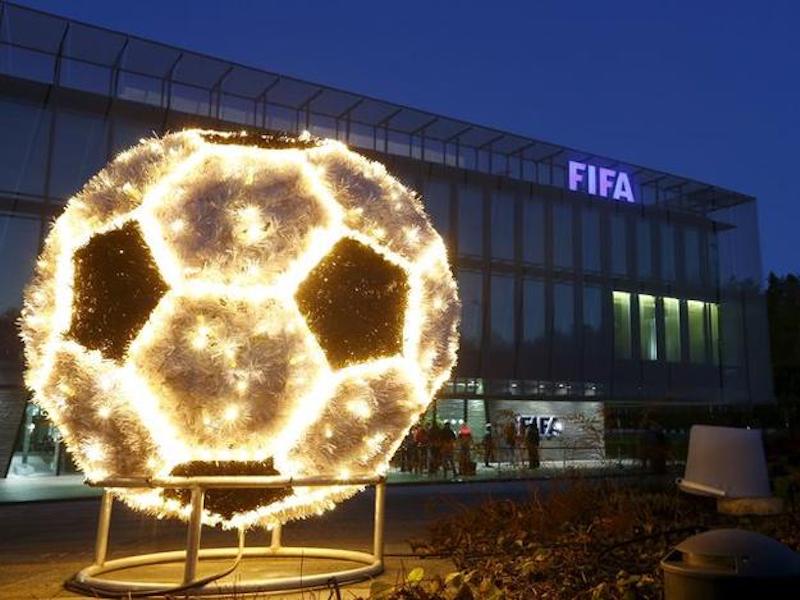What is the point of engaging in a fight you are likely to lose? And if—miracle of miracles—you do win, the consequences could be so devastating to the interests you claim to represent that the victory won’t feel like a crushing defeat?
Principle. Yes, its that simple: principle.
Time and the unfolding of the matter between the deposed Trinidad and Tobago Football Association administration and FIFA will confirm whether or not William Wallace and company are taking on the world’s most powerful single sporting organisation on the basis of the rights and wrongs of the installation of a normalisation committee or if it is also tied in with ego and not wanting to be seen to be brushed aside without offering some sort of resistance.
Many of us may think it is noble to fight on principle. It sounds honourable, even heroic to do so. But there are clearly many prominent and influential voices in the national game who believe it is a pointless effort and that the welfare of the game here would be best served if the local combatants put their tails between their legs (can’t imagine Keith Look Loy ever doing that) and contest the elections again in a couple years when they could be back at the helm with the $50 million debt wiped off, money in the bank and in the good graces of the sport’s rulers in Zurich.
Even the one or two inclined to publicly support the executive which was only elected last November 24—obviously the timing of this normalisation action cannot be coincidental—appear to concede that it is well nigh impossible to get the better of FIFA, especially as taking them to court could result in the nation being banned from all international competition.
Who wants the responsibility of looking into the eyes of young men and women, who hold dreams of footballing glory deep in their hearts, and tell them they will have to be the sacrificial lambs in this fight, and that the price they are likely to pay regarding their own careers is small compared to going down in history as playing a part in transforming the global governance of the world’s most popular sport for the better?
Essentially, this is the dilemma we all face. Do you stand your ground because you are convinced of the correctness and moral superiority of your perspective and therefore take the blows which come with such action, or do you compromise because the repercussions of a principled stand are far too great?
It’s like the usual discourse which takes place around here and is especially relevant now, given the possibility of T&T gasoline ending up in Venezuela via Aruba, when it comes to the United States’ dominance—ideologically, economically and if necessary, militarily—of our region.
However entertaining and newsworthy the theatre provided by our politicians may be, there is also the significant issue, which is topical 50 years after the events of early 1970, as to whether or not we really value ourselves as an independent people and a constitutional republic willing to chart our own course, even if it means ruffling the feathers of the bald eagle whose wingspan covers almost this entire hemisphere.
Of course the short answer to that is “No.” Economic isolation, with all its attendant social consequences, is not something we can cope with, certainly not with our already weakened financial state further debilitated by the COVID-19 pandemic. But even before the dollars and cents considerations, our hearts and minds already belong to the good people headquartered on Marli Street because most of us cannot comprehend life without access to the lifestyle and entertainment as promoted by our great godfather to the north.
Football by contrast is only a game, but it is a game which means a lot to many people who, whether as spectator, player or sponsor, will not want to see it suffer in any significant way just because slighted administrators feel they must get justice. You could argue that the game has been suffering anyway with all the issues since that high point of the historic World Cup finals appearance in Germany in 2006. But internal bacchanal is one thing. Being blacklisted by FIFA is a different matter entirely.
So let’s see what happens at the first hurdle with the Court of Arbitration for Sport (we await the date of a hearing) and if all this speculation about having the stomach for a real fight is rendered irrelevant.
Oh, as for those fixated on the antics of West Indies cricketers with too much time on their hands, the Jamaica Observer newspaper dealt with it best in its editorial last Saturday when it said Chris Gayle “showed himself to be manifestly immature.”
This arrant foolishness needs no more oxygen.
SOURCE: T&T Express

